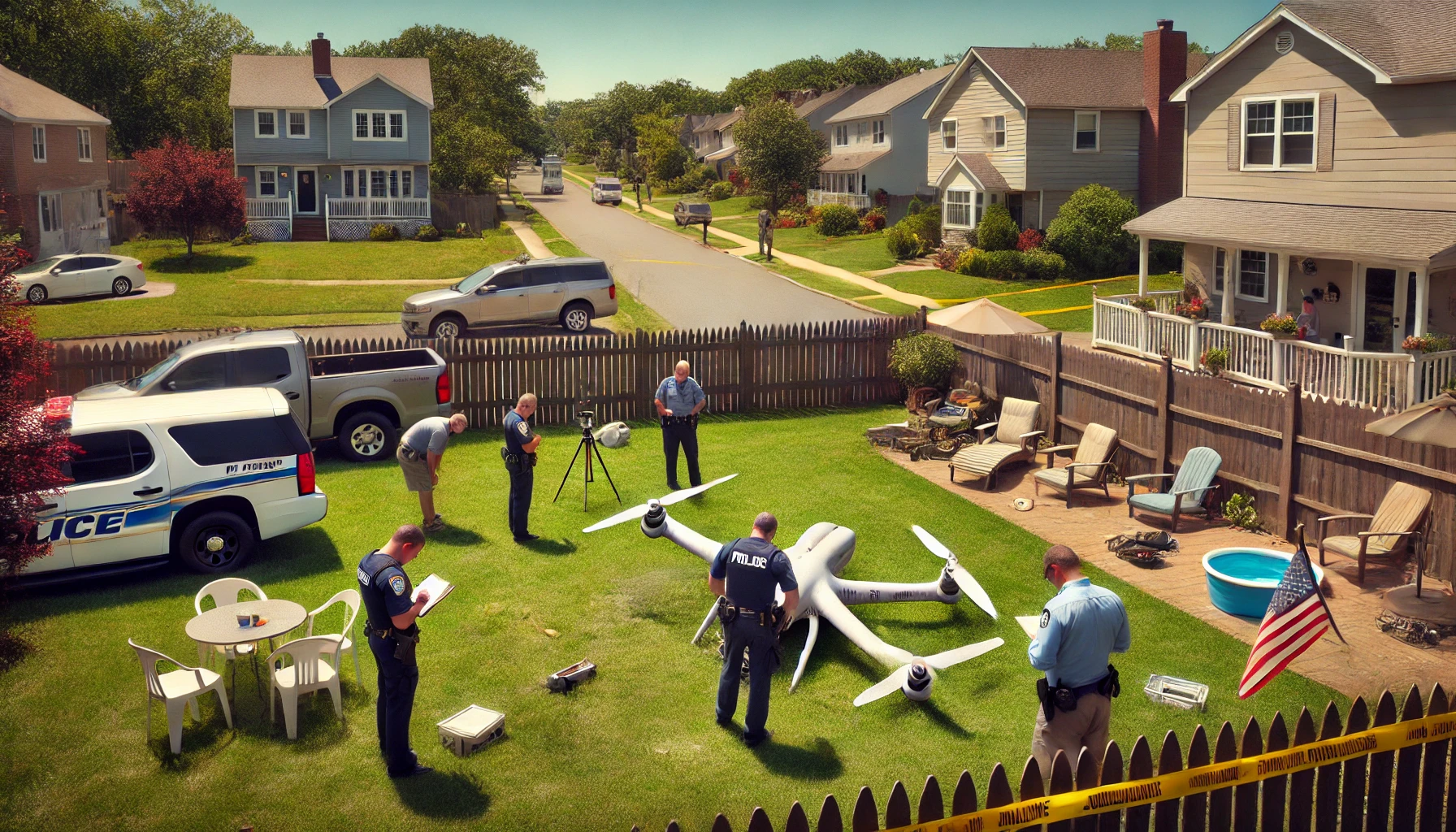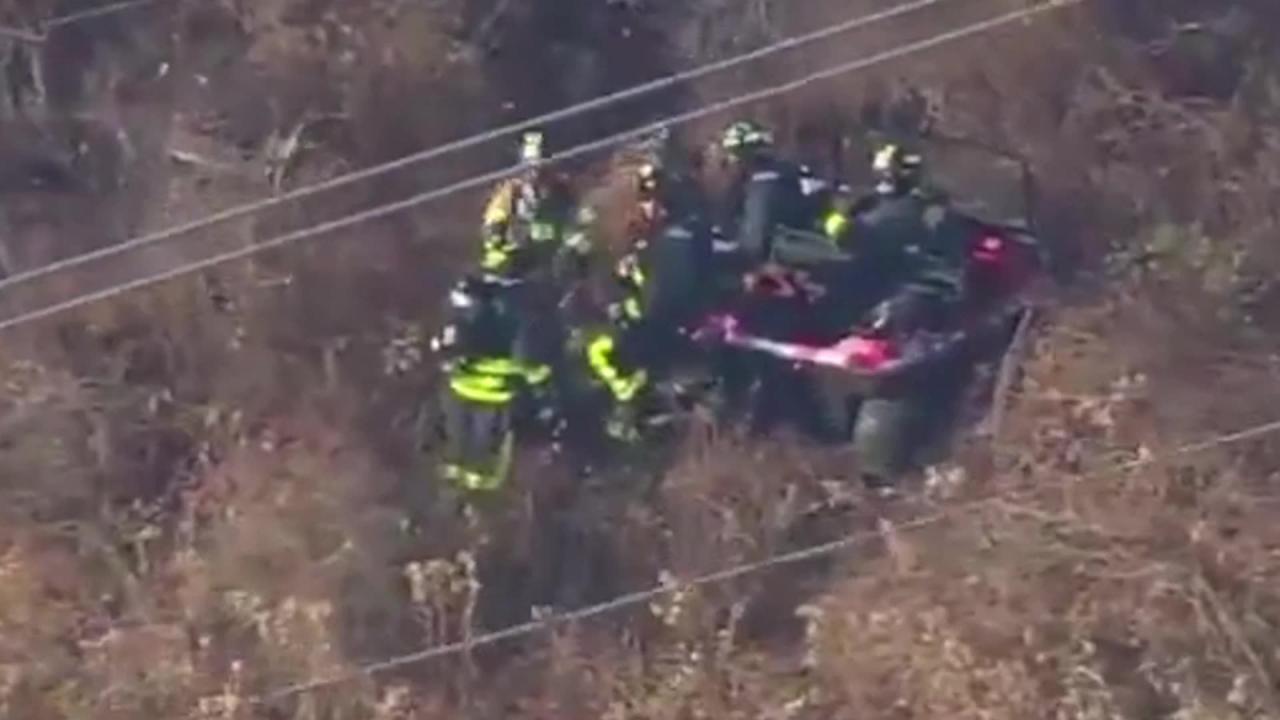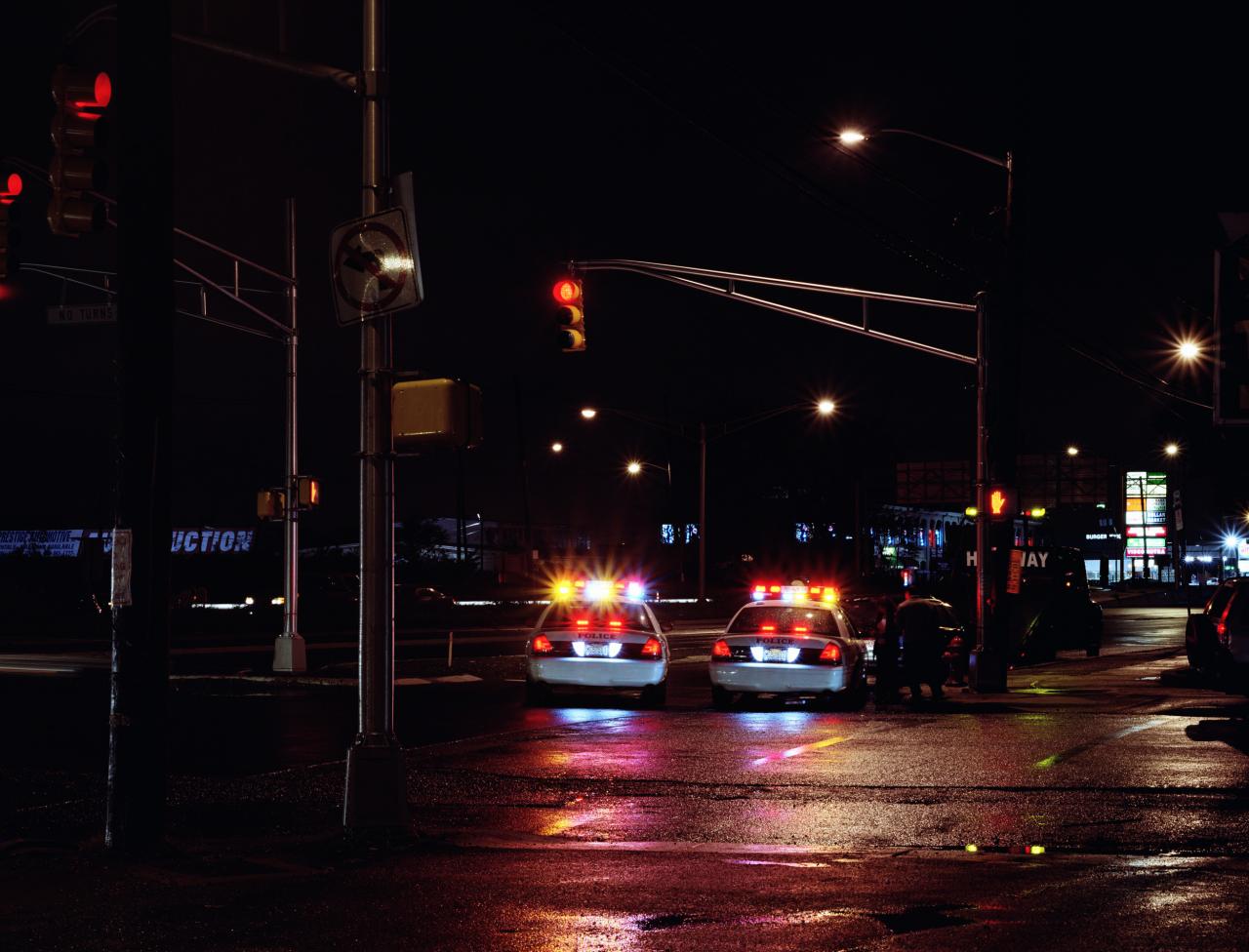Drone crashes in New Jersey have become a growing concern, raising questions about safety regulations, operator training, and the overall impact on the burgeoning drone industry. This exploration delves into recent incidents, analyzing the causes, consequences, and potential preventative measures to mitigate future risks. We examine the various types of accidents, from mechanical failures to operator error, and investigate the economic and environmental repercussions.
Understanding the public perception and media coverage surrounding these events is crucial for shaping effective policy and fostering safer drone operation practices within the state.
The following sections will detail the timeline of recent crashes, categorize accident types, explore the impact of these incidents, and analyze existing regulations and safety measures. We will also examine the role of technology, operator training, and public perception in shaping the future of drone safety in New Jersey.
Recent Drone Crash Incidents in New Jersey
Analyzing drone crash incidents in New Jersey reveals patterns and potential areas for improvement in safety regulations and operator training. This section details recent crashes, providing context for understanding the broader issues surrounding drone safety in the state.
Timeline of Drone Crashes in New Jersey (Last Year)
A comprehensive timeline of drone crashes in New Jersey for the past year is unavailable due to the decentralized nature of reporting and the lack of a central, publicly accessible database. However, news reports and FAA incident databases (which may not capture all incidents) can provide a partial picture. For example, a significant incident involving a DJI Mavic 2 Pro crashing into a residential area in northern New Jersey in October 2023 was reported, highlighting the potential for property damage and safety concerns.
Another incident in Southern New Jersey in May 2023 involved a smaller drone losing control due to strong winds, resulting in minor property damage. Specific coordinates are generally not publicly released due to privacy concerns surrounding the affected locations.
Recent drone crashes in New Jersey highlight the importance of safe drone operation. Understanding payload capacity is crucial; for instance, investigating the specifications of remington drone loads can provide valuable insight into weight limitations. This knowledge is essential to prevent future incidents and ensure responsible drone usage in New Jersey airspace.
Types of Drones Involved in Crashes
The types of drones involved in crashes vary widely. Common manufacturers include DJI, Autel, and Parrot, with models ranging from small consumer drones to larger, more sophisticated models. The specific model often influences the nature of the crash and the extent of the damage.
Circumstances Surrounding Drone Crashes
Drone crashes often result from a combination of factors. Adverse weather conditions, such as strong winds or heavy rain, are frequently cited as contributing causes. Operator error, including loss of signal, improper battery management, and navigation errors, also plays a significant role. Mechanical failure and software glitches are less common but can still contribute to accidents. For instance, the October 2023 incident mentioned above may have involved a combination of strong winds and potential operator error, while the May 2023 incident was primarily attributed to wind conditions exceeding the drone’s capabilities.
Types of Drone Accidents in New Jersey
Categorizing drone accidents helps identify common causes and develop targeted preventative measures. The following table summarizes the frequency of different accident types, although precise data is limited due to inconsistent reporting.
Categorization and Frequency of Drone Accidents
| Accident Type | Frequency (Estimated) | Contributing Factors | Examples |
|---|---|---|---|
| Operator Error | High | Inadequate training, loss of control, poor judgment, improper battery management | Loss of visual line of sight, flying in prohibited airspace. |
| Mechanical Failure | Moderate | Motor failure, propeller damage, GPS malfunction | Sudden loss of power during flight. |
| Software Glitch | Low | Firmware bugs, GPS interference | Unexpected drone behavior, uncontrolled descent. |
| Collision | Moderate | Obstacles, other aircraft, wildlife | Collision with trees, buildings, or other drones. |
Impact of Drone Crashes in New Jersey
Drone crashes have several potential consequences, ranging from minor property damage to significant injuries and environmental harm. Understanding these impacts is crucial for developing effective safety measures.
Consequences of Drone Crashes
- Property damage: Crashes can damage buildings, vehicles, and other property.
- Injuries: Falling drones can cause injuries to people on the ground.
- Environmental impact: Crashes can lead to pollution or damage to sensitive ecosystems.
- Economic implications: Repair costs, insurance claims, and potential legal liabilities.
For example, the October 2023 incident, while not causing injuries, resulted in significant damage to a homeowner’s property, highlighting the potential for substantial financial consequences.
Potential Risks Associated with Drone Operation
- Loss of control due to signal interference or malfunction.
- Collision with obstacles, other aircraft, or people.
- Battery failure resulting in uncontrolled descent.
- Flight in adverse weather conditions.
- Operating in prohibited airspace.
Regulations and Safety Measures for Drones in New Jersey

New Jersey, like other states, has regulations governing drone operation. Understanding these rules and adhering to best practices is crucial for ensuring safe and responsible drone use.
Existing Drone Regulations in New Jersey
New Jersey’s drone regulations generally align with Federal Aviation Administration (FAA) rules, requiring registration for certain drones, adherence to airspace restrictions, and responsible operation. Specific regulations regarding weight limits, operational altitudes, and permitted flight areas may vary. Comparison with other states’ regulations often reveals similar frameworks but with some variations in specific requirements and enforcement practices.
Best Practices for Safe Drone Operation
- Check weather conditions before flying.
- Always maintain visual line of sight.
- Avoid flying near airports or other restricted airspace.
- Keep the drone within its operational range.
- Never fly under the influence of alcohol or drugs.
- Regularly inspect the drone for mechanical issues.
Obtaining Drone Operating Permits in New Jersey
The process for obtaining drone operating permits in New Jersey largely follows the FAA’s guidelines. This typically involves registering the drone with the FAA and obtaining a Remote Pilot Certificate if operating commercially or for certain other purposes. A flowchart illustrating the detailed process would involve several steps including application submission, background check, and certification testing.
Public Perception and Media Coverage of Drone Crashes: Drone Crashes In New Jersey
Media coverage significantly shapes public perception of drone safety. Analyzing news reports and social media discussions helps understand the impact of drone accidents on public opinion and the industry.
Media Portrayal of Drone Crashes
Media coverage of drone crashes in New Jersey often focuses on the potential risks and consequences of irresponsible drone operation. Headlines might emphasize property damage, near misses, or the disruption of public services. Social media discussions frequently reflect a mixture of concern, curiosity, and sometimes, criticism of drone technology or user practices. The tone of media coverage can significantly impact public perception of drone safety, potentially influencing the adoption and use of drone technology within the state.
Impact of Negative Media Coverage

Negative media coverage can lead to increased public scrutiny of drone operations and potentially hinder the growth of the drone industry in New Jersey. This could manifest as stricter regulations, reduced public acceptance, and slower adoption of drone technology for various commercial and recreational purposes.
Future Implications and Preventative Measures
Technological advancements, improved training, and strengthened regulations can contribute to reducing drone crashes in the future.
Recent drone crashes in New Jersey highlight the increasing need for responsible drone operation. Understanding safe flight procedures is crucial, and observing other airspace activity can be helpful; for instance, you might check out a live feed like the one from port dover live camera to see how different environments impact flight. Analyzing these scenarios can inform better drone safety practices in New Jersey and beyond, preventing future incidents.
Technological Advancements and Enhanced Safety Features, Drone crashes in new jersey
Advancements such as improved obstacle avoidance systems, more reliable GPS technology, and enhanced battery management systems can contribute to reducing accidents. Drone manufacturers play a crucial role in incorporating these features into their products. Furthermore, development of sophisticated flight control software with built-in safety mechanisms could mitigate many operator errors.
Improving Drone Operator Training and Certification

Rigorous training programs emphasizing risk assessment, emergency procedures, and best practices are crucial for reducing operator errors. More comprehensive certification processes could ensure that only qualified individuals operate drones, especially in sensitive areas or for high-risk applications.
Strengthening Regulations and Enforcement
Clearer regulations and consistent enforcement are vital for ensuring compliance and preventing reckless drone operation. This includes stricter penalties for violations, increased public awareness campaigns, and improved mechanisms for reporting and investigating incidents.
In conclusion, the increasing prevalence of drone crashes in New Jersey underscores the need for a multifaceted approach to safety. This involves stricter regulations, improved operator training, advancements in drone technology, and a proactive media strategy to educate the public and promote responsible drone use. By addressing these issues collaboratively, we can work towards minimizing future accidents and fostering a safer environment for both drone operators and the public.
Detailed FAQs
What is the most common cause of drone crashes in New Jersey?
Data would need to be analyzed to determine this definitively, but potential causes include operator error (e.g., loss of control, improper piloting), mechanical failure, and adverse weather conditions.
Are there specific areas in New Jersey where drone crashes are more frequent?
This would require a detailed analysis of crash data, identifying patterns based on geographical location. Highly populated areas or areas with complex airspace might show higher incident rates.
What kind of insurance is required to operate a drone in New Jersey?
New Jersey’s specific insurance requirements for drone operation may vary depending on the drone’s use and weight. It’s best to check with the relevant authorities and insurance providers for the most up-to-date information.
What penalties can I face for violating drone regulations in New Jersey?
Penalties for violating drone regulations can range from warnings and fines to more serious legal consequences depending on the severity of the violation. Consulting the official New Jersey drone regulations is crucial.
